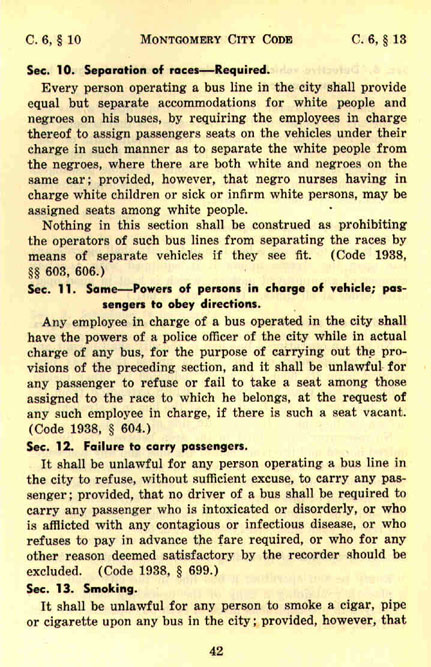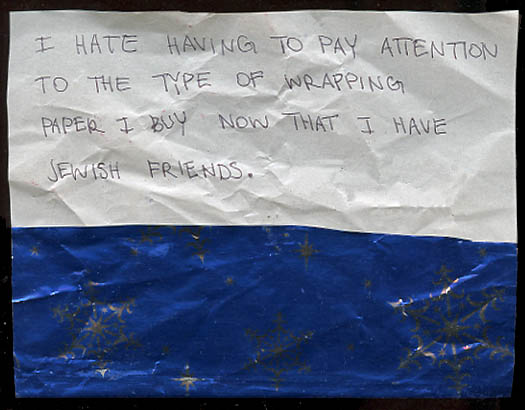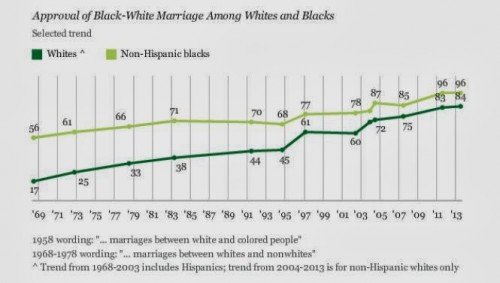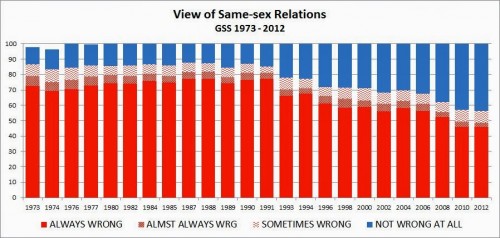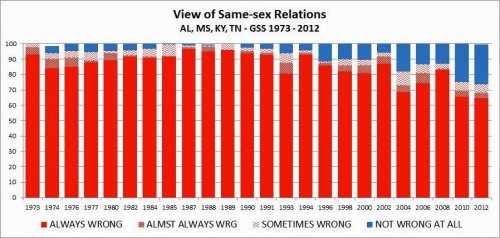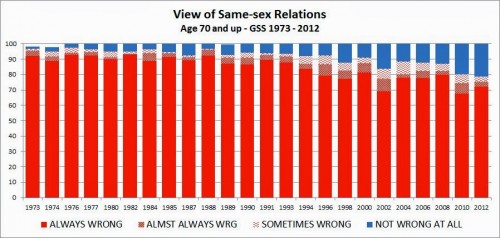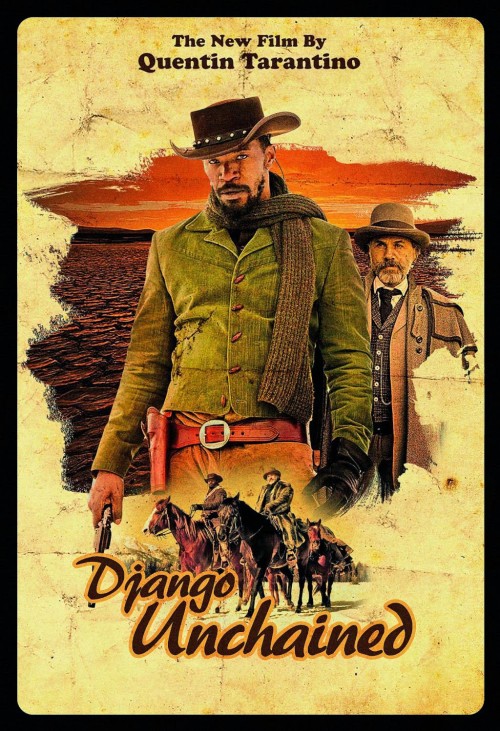Fifty eight years ago today, Rosa Parks kicked off a plan to bring down Jim Crow segregation by refusing to move to the back of the bus. @ShawneeSoc sent us a link to the Washington Post, where they featured her original arrest documents. A very cool piece of history.
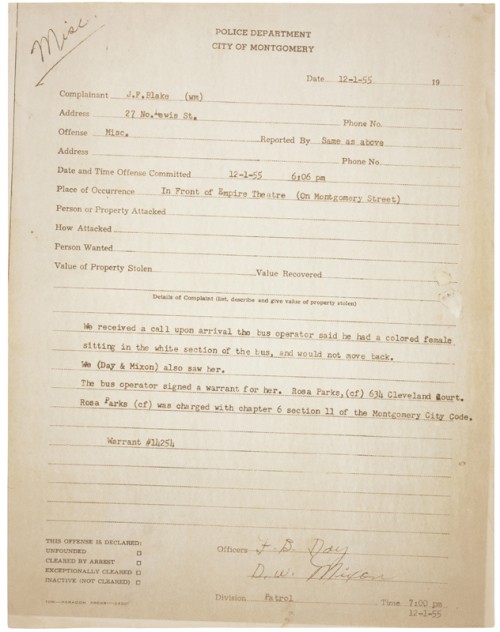
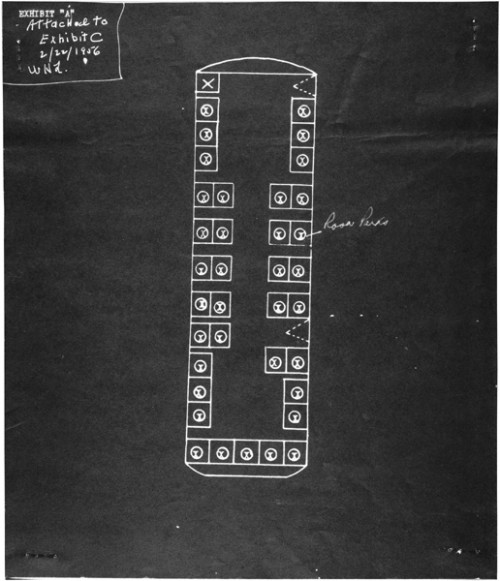 Bonus, here’s the law that Parks was arrested for violating and an explanation (thanks to Martín A. for the link):
Bonus, here’s the law that Parks was arrested for violating and an explanation (thanks to Martín A. for the link):
Lisa Wade, PhD is an Associate Professor at Tulane University. She is the author of American Hookup, a book about college sexual culture; a textbook about gender; and a forthcoming introductory text: Terrible Magnificent Sociology. You can follow her on Twitter and Instagram.

